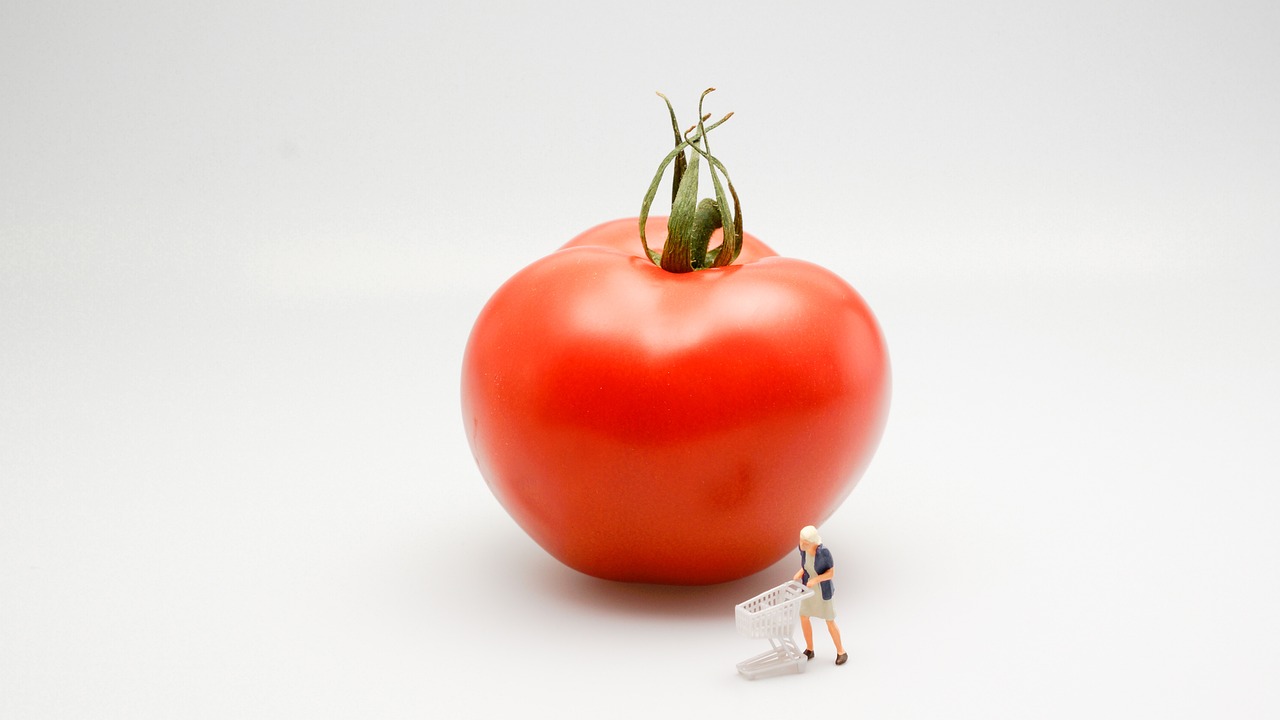The Role of Exfoliation in Skin Health
allpanelexchange, lotus365 book, laser book 247:Exfoliation is a crucial step in any skincare routine, yet it is often overlooked or misunderstood by many people. The process of exfoliation involves removing dead skin cells from the surface of the skin, revealing a fresh layer of skin underneath. This not only helps to improve the appearance of the skin but also promotes overall skin health.
Why is exfoliation important?
Exfoliation plays a vital role in maintaining healthy skin. As we age, the natural shedding process of our skin slows down, leading to a buildup of dead skin cells on the surface. This can result in a dull, rough complexion, clogged pores, and an uneven skin tone. By exfoliating regularly, you can help to speed up the shedding process, revealing smoother, more radiant skin.
In addition to improving the appearance of the skin, exfoliation also has a number of other benefits. It can help to unclog pores, preventing breakouts and reducing the risk of acne. Exfoliation can also stimulate cell turnover, promoting the production of new, healthy skin cells. This can help to reduce the appearance of fine lines and wrinkles, giving the skin a more youthful appearance.
Types of exfoliation
There are two main types of exfoliation: physical and chemical. Physical exfoliation involves using a scrub or exfoliating tool to manually remove dead skin cells from the surface of the skin. Chemical exfoliation, on the other hand, involves using products that contain ingredients such as alpha hydroxy acids (AHAs) or beta hydroxy acids (BHAs) to dissolve dead skin cells.
Physical exfoliation is best suited for those with normal to oily skin, as it can be too harsh for those with sensitive or dry skin. Chemical exfoliation, on the other hand, is gentle enough for all skin types and can be especially beneficial for those with sensitive skin.
How often should you exfoliate?
The frequency of exfoliation depends on your skin type and the products you are using. Those with oily or acne-prone skin may benefit from exfoliating 2-3 times a week, while those with sensitive or dry skin may only need to exfoliate once a week. It is important to listen to your skin and adjust your exfoliation routine accordingly.
Over-exfoliation can lead to irritation, redness, and even damage to the skin barrier. If you experience any of these symptoms, it is best to reduce the frequency of exfoliation or switch to a gentler exfoliating product.
FAQs
Q: Can I exfoliate if I have sensitive skin?
A: Yes, but it is important to choose a gentle exfoliating product and exfoliate less frequently. You may also want to patch test the product on a small area of skin before using it on your face.
Q: Can I exfoliate if I have acne?
A: Yes, exfoliation can help to unclog pores and prevent breakouts. However, it is important to choose the right exfoliating product for your skin type and to avoid over-exfoliating, as this can exacerbate acne.
Q: Can I exfoliate every day?
A: It is generally not recommended to exfoliate every day, as this can be too harsh on the skin. It is best to start off with 1-2 times a week and adjust as needed based on how your skin reacts.
In conclusion, exfoliation is a key step in maintaining healthy, radiant skin. By incorporating exfoliation into your skincare routine, you can improve the texture and appearance of your skin, prevent breakouts, and promote overall skin health. Remember to choose the right exfoliating product for your skin type and to exfoliate in moderation to avoid irritation.







